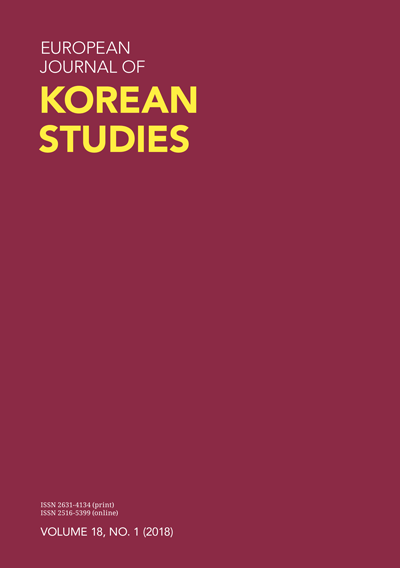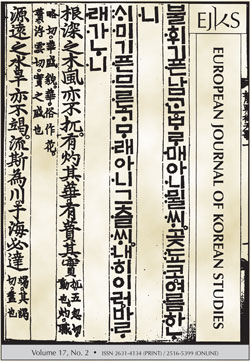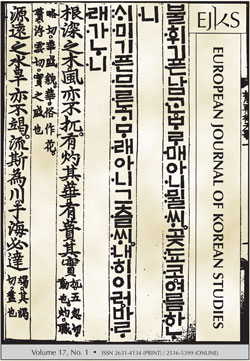Vladimir Tikhonov – The Rise and Fall of the New Right Movement and the Historical Wars in 2000s South Korea- pages 5-36
Abstract The present article deals with one of the attempts by South Korea’s privileged stratum to undermine the very basis for any criticisms against the colonial-age behaviour of its institutional—and in many cases familial—forefathers, namely the so-called New Right movement. Simultaneously an academic and political movement, it was launched in 2004 and had been acting…


